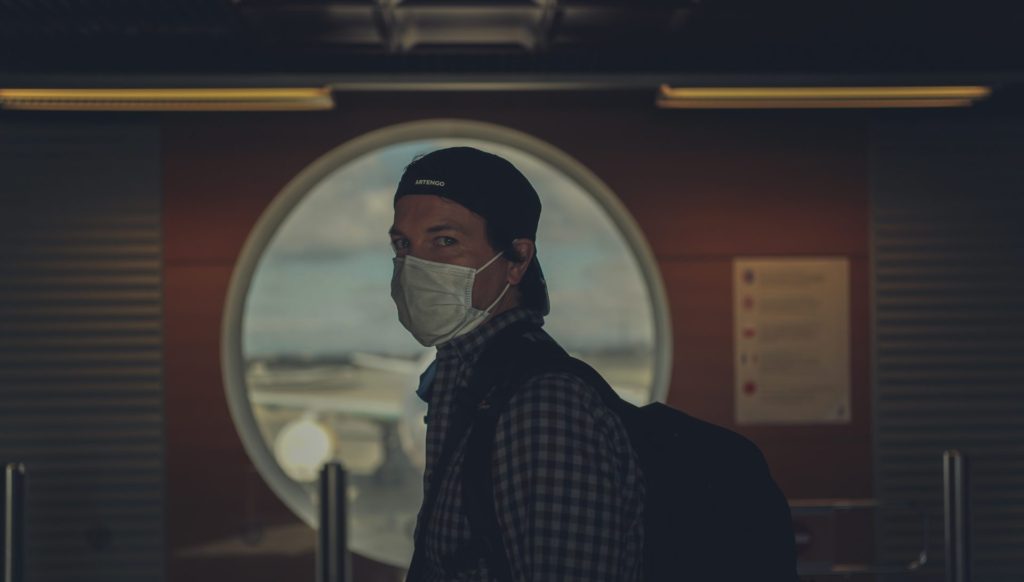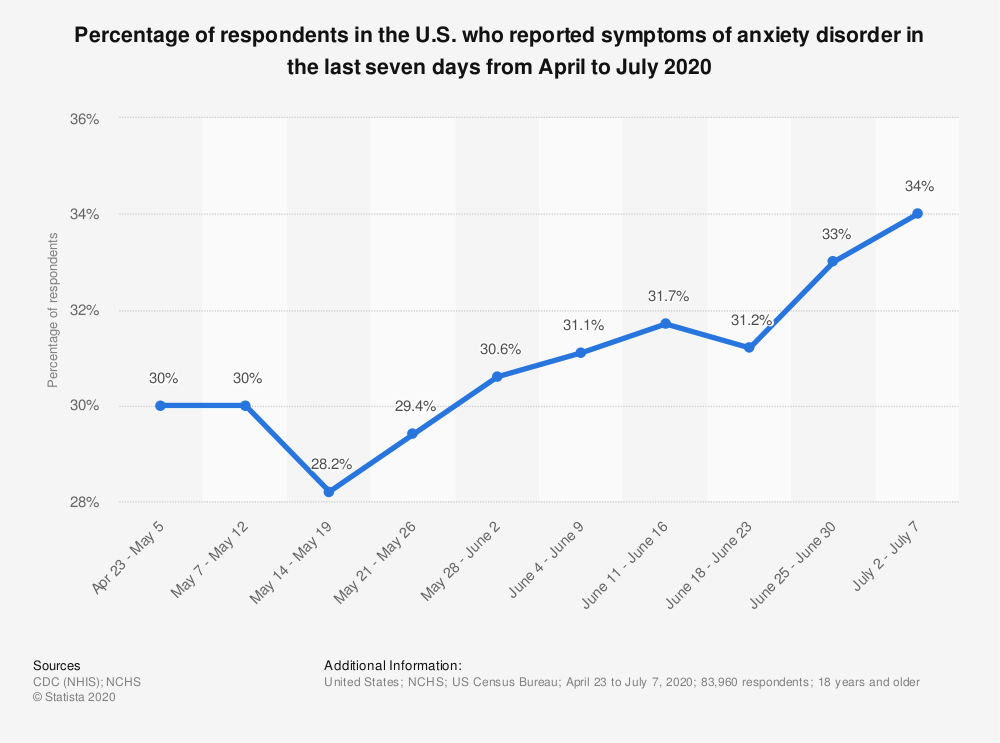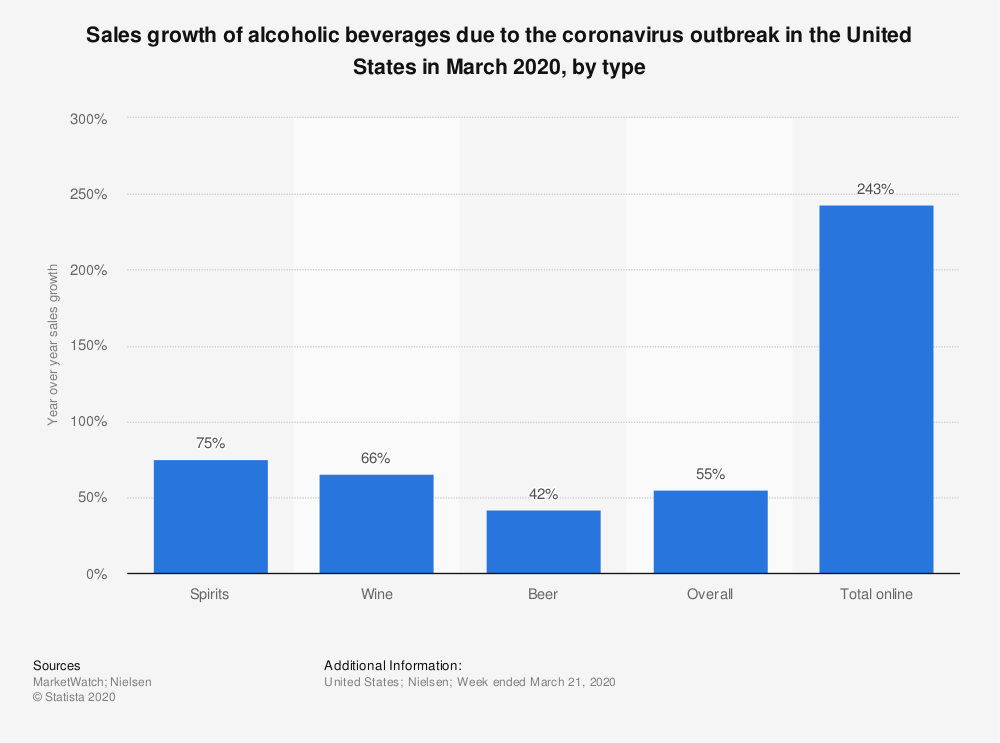Combating the comorbidity of substance use disorders and mood disorders, such as anxiety and depression, in the time of COVID-19 can seem daunting. But understanding how COVID-19 can affect these schools of disorders can prepare you in the world of our new normal.

COVID-19 has contributed to anxiety disorders by causing social isolation, financial constraints, and general fear of contracting the virus. The constant stream of negative news can take a toll on one’s mental health. According to the National Center for Health Statistics, 34% of adults in the United States reported symptoms of an anxiety disorder during the first week of July.

Similarly, factors such as job loss or limited income and lack of a support system due to social isolation are common reasons for individuals to use if they are already afflicted by a substance use disorder. Secrecy and stress can be two of the biggest contributors to addictive behaviors.
Furthermore, substance use disorders can expose individuals to a greater risk of contracting the virus:
- Smoking or vaping nicotine can damage respiratory systems to inhibit its ability to fight the virus.
- Using cocaine can result in brain changes that constrict the vascular system.
- Ingestion of most illicit substances can put added stress on an immune system, destroying its ability to prepare for a virus attack.
- Substance use can decrease inhibitions, resulting in behaviors that may result in exposure to the virus, such as forgetting to socially distance or wear a mask properly.
The societal pressures associated with COVID-19 are not as innocent as they may seem, either. Social media platforms are filled with cocktail recipes for “quarantinis” and promotions of “virtual happy hours” with friends or family. Alcohol delivered directly to consumers’ homes in response to government-mandated bar and restaurant closures has promoted at-home alcohol consumption more than ever before. Companies traditionally geared toward grocery delivery, such as Instacart and Shipt, have shifted to include alcohol ordering marketing on their mobile applications. And it’s no wonder: online alcohol ordering skyrocketed 243% in March 2020.

Excessive alcohol consumption can, in turn, exacerbate anxiety symptoms, furthering the cycle of issues. Although it can seem like one is in the minority by abstaining from alcohol or any other substance in a pandemic, Alvarado Parkway Institute understands and promotes the alternative:
However, COVID-19 may have the opposite effect of availability on other substances. Users of substances such as cocaine and opioids may find it difficult to obtain these substances, as suppliers deal with limited supply lines or city-enforced shutdowns. Users may experience anxiety over obtaining substances or withdrawal symptoms, which can be fatal in some cases.
Being proactive about your mental and physical health can be key to alleviating the added stress caused by COVID-19. To substitute social interaction lost to quarantine, many support groups for addiction have switched to virtual meetings, such as the San Diego chapters of Alcoholics Anonymous and Narcotics Anonymous. Not in the area? Pink Cloud helps find meetings wherever you are located. Involving others in your road to recovery is imperative for accountability and to build a community of support.
Disconnecting from the constant flow of negative media may be helpful to prevent stress-induced urges to use addictive substances. Taking a break from social media with a television show, a phone call to a friend or family member, or using a meditation app such as Headspace or Calm are all recommended alternatives. If the news or social media is unavoidable, focus on the facts of the virus in your area.
For more information on coping with COVID-19 anxiety, visit the National Institute of Mental Health or Center for Disease Control and Prevention websites. Handling added stress and fighting an addiction in productive ways is crucial for your impending and long term health.
A pandemic is difficult enough for all of us. You should not endure a mental health or addiction disorder, too. If you or a loved one is experiencing added pressure to use an illicit substance or symptoms of an anxiety or other mood disorder, our staff is fully prepared to provide treatment for new patients while adhering to COVID-19 protocols. For more information on our addiction treatment programs, please click here.
